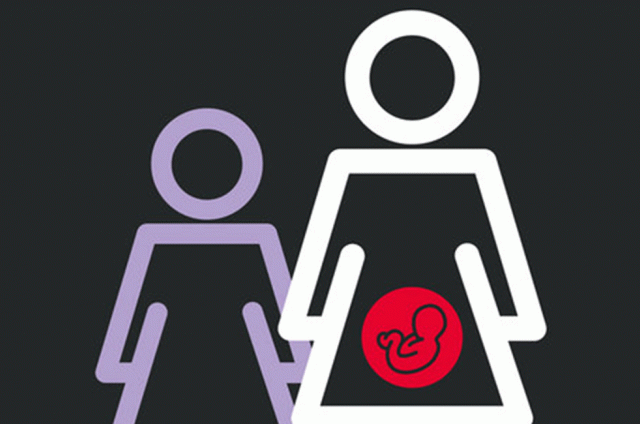Parenting with epilepsy
If your seizures (or your partner’s) are controlled, then epilepsy may not affect how you look after your child. However, parents who have seizures may find taking extra safety measures helpful. This depends on the type of seizures and the activity involved.
Keeping you and your baby safe
If your seizures happen suddenly and without warning, the following ideas may be helpful to keep your baby safe. These might not always be necessary, especially if there is someone else around to help you, but they could be helpful if you are with your baby on your own and have a seizure.
- Dressing and changing your baby on the floor means they would be less likely to fall if you had a seizure.
- Sponging your baby down on a changing mat on the floor is safer than bathing them in water.
- Carrying your baby in a padded carrycot or sling rather than having them in your arms, may help to protect your baby if you fall.
- Using a wrist strap on your baby’s pram, or a brake that automatically activates, means that the pram will not roll away if you let it go.
- Feeding your baby in a low highchair may be safer as it is less likely to tip over than a higher one.
- Feeding your baby while you sit on the floor, surrounded by cushions and leaning against the wall, may help to keep your baby safer.
Talking to your child about epilepsy
Children can often be taught at a young age what to do if someone has a seizure. Many children learn what to do from watching other people. As their parent, you are the best person to decide when it is the right time to explain your epilepsy and seizures to your child.
During a seizure your child could learn to:
- stay with you, so they don’t get lost
- get help from someone else, for example a neighbour or friend
- help you themselves, if they know what to do.
Some people wear medical jewellery or carry an ‘I have epilepsy’ ID card saying what to do if they have a seizure. Even if children are too young to manage seizures, they may be able to tell other people that you have a card or medical jewellery.
Information updated: October 2023


